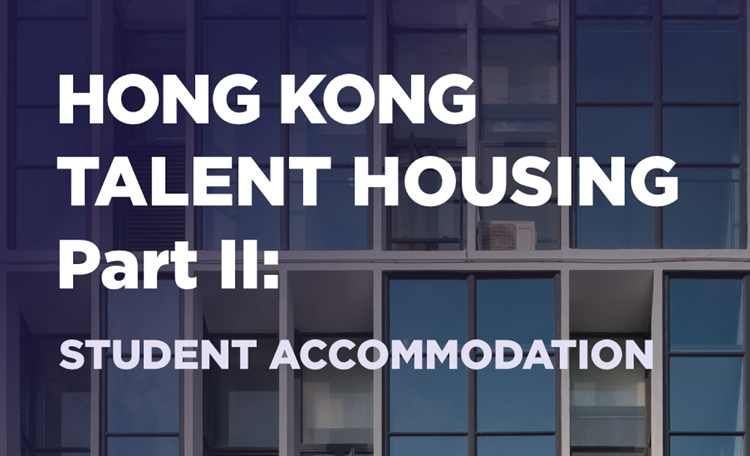
The shortage of public housing and an expanding stock of aged buildings are two of the most pressing social issues in Hong Kong. Urban renewal is an imperative, but the city’s progress has been sluggish, held back in part by an arduous building redevelopment process.
To help address the problem of aging buildings in Hong Kong, urban renewal has been promoted via the private market to meet the city's development needs. In 1999, the Government enacted the Land (Compulsory Sale for Redevelopment) Ordinance (Cap. 545) ("the Ordinance"), with a view to speeding up urban renewal more effectively and making it more viable for private owners to redevelop their properties.
To further expedite the redevelopment of old buildings, the Government gazetted the “Land (Compulsory Sale for Redevelopment) (Specification of Lower Percentage) Notice” in January 2010. The Notice then came into effect on 1 April 2010, lowering the threshold for application to the Lands Tribunal for compulsory sale on three classes of lots, from not less than 90% of ownership, to not less than 80% of ownership.
Lowering the Threshold for Compulsory Sale
The Government had proposed in the 2021 Policy Address to lower the threshold for compulsory sale subject to Cap. 545, in order to speed up the redevelopment of old buildings.
In April 2022, the Development Bureau pointed out the need to leverage the private market to speed up urban renewal in face of rapidly aging buildings. In this regard, the Development Bureau has studied lowering the threshold for compulsory sale under the Ordinance and improving the operation mechanisms. The Bureau also strived to put forward proposals in the third quarter of 2022.
If the Hong Kong Government can lower the threshold for compulsory sale, the redevelopment potential of older properties could be unleashed. In turn, this would help to replenish short-to-medium term land resources for new housing.



